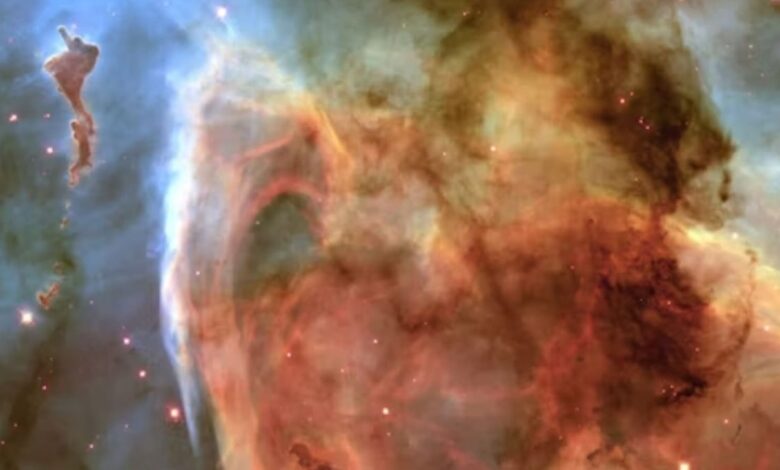NASA’s Chandra X-ray Observatory and James Webb Space Telescope Capture Stunning Images of the Orion Nebula, NGC 3627, and More

NASA’s Chandra X-ray Observatory and the James Webb Space Telescope have captured stunning images of four celestial destinations, providing new insights into the wonders of the universe.
Rho Ophiuchi: Star-Forming Region
Our first stop was Rho Ophiuchi, 390 light years away. Earth. This complex cloud is filled with gas and stars of various sizes and ages, making it an ideal place to study star formation. In the composite image, X-rays from Chandra are shown in purple, showing the newborn stars emitting X-rays. Infrared data from Webb appear in red, yellow, cyan, light blue, and darker blue, showing regions of gas and dust.
Orion Nebula: Stellar Nursery
Next, we visit Orion. Nebulaabout 1,500 light years away GalaxyVisible just below the “belt” in the constellation Orion, this nebula is a rich region for young stars. by Chandra X-rays, in red, green and blue, highlight young stars, while Webb’s infrared images in darker reds capture gas and dust that will form in the future. stars.
NGC 3627: Barred Spiral Galaxy
Leaving our galaxy, we come to NGC 3627, a barred spiral galaxy similar to the Milky Way. Seen from a small angle, the galaxy has a rectangular center and distinct spiral arms. Chandra’s purple X-rays indicate the presence of a supermassive black hole at its center. Webb’s infrared data is in red, green, and blue, along with of Hubble Optical data, revealing the galaxy’s dust, gas and stars.
MACS J0416: A giant galaxy cluster
Our final destination was MACS J0416, a distant galaxy cluster. These clusters, among the universe’s largest objects held together by gravity, contain hundreds or thousands of galaxies in the hot gas detected by Chandra’s purple X-rays. Hubble and Webb’s Red, green, and blue data show individual galaxies within the cluster.
Conclusion
These composite images, managed by NASA’s Marshall Space Flight Center and processed by the Smithsonian Astrophysical Observatory’s Chandra X-ray Center, provide fascinating insights into the vast and diverse structures of the universe, helping us better understand cosmic phenomena.




